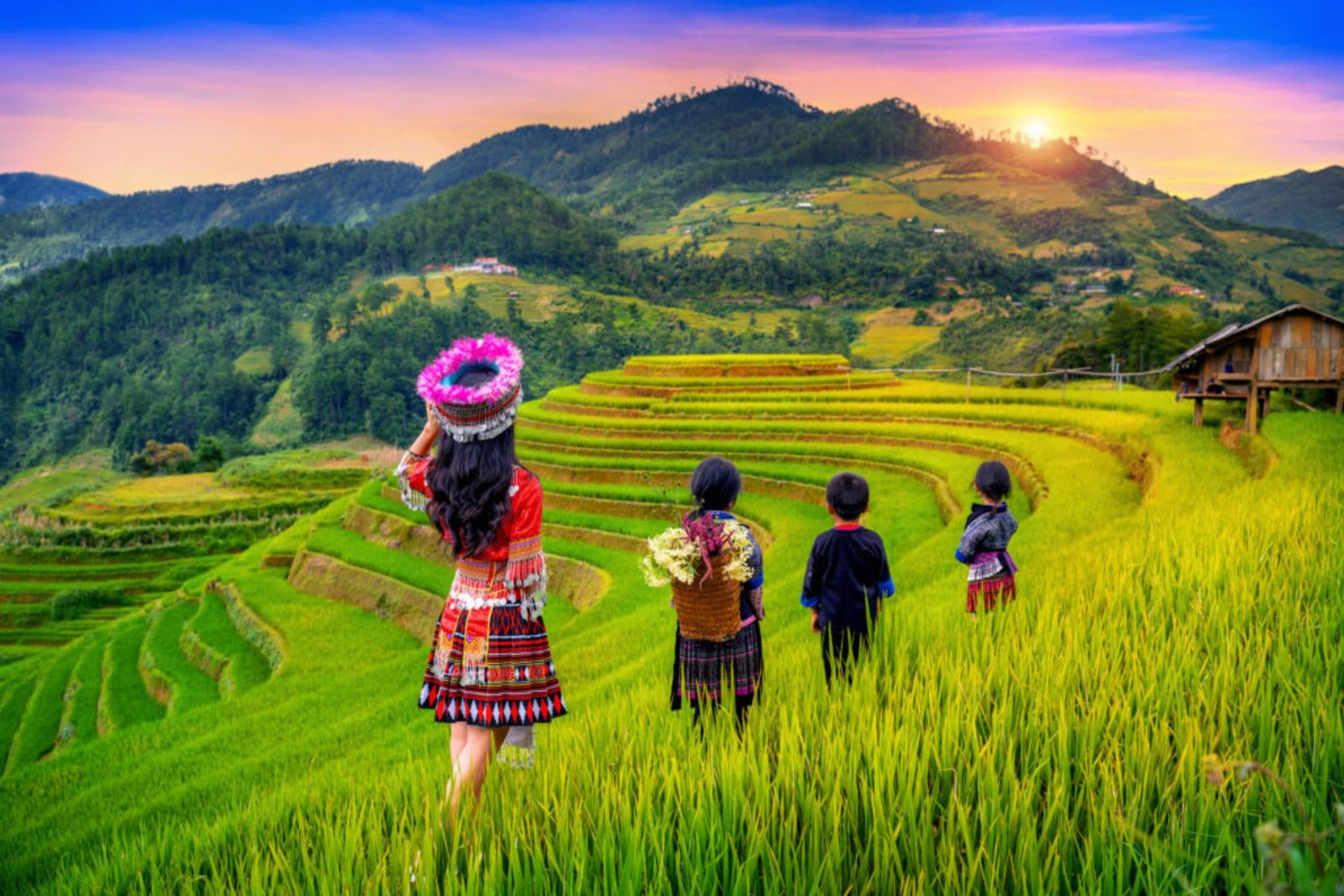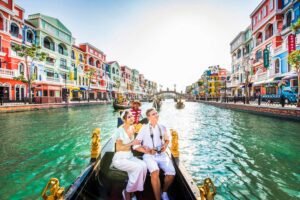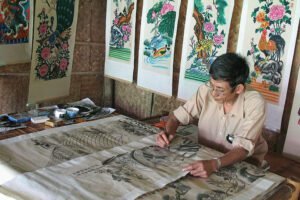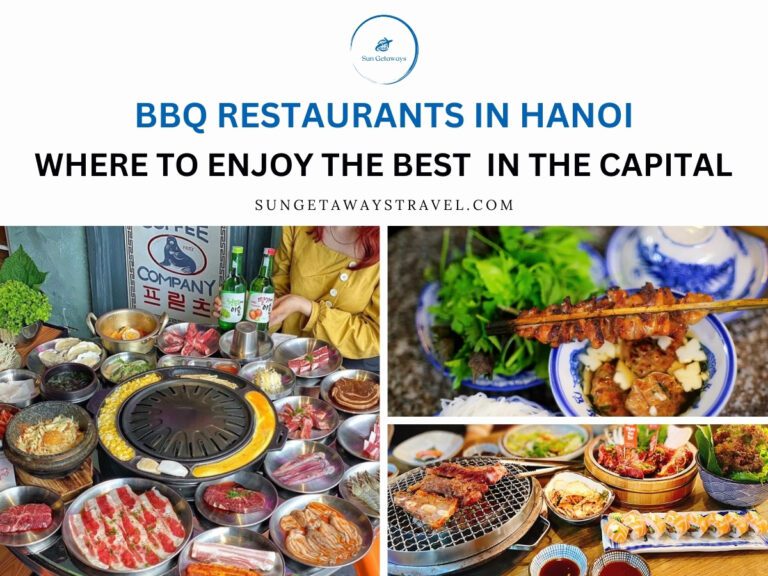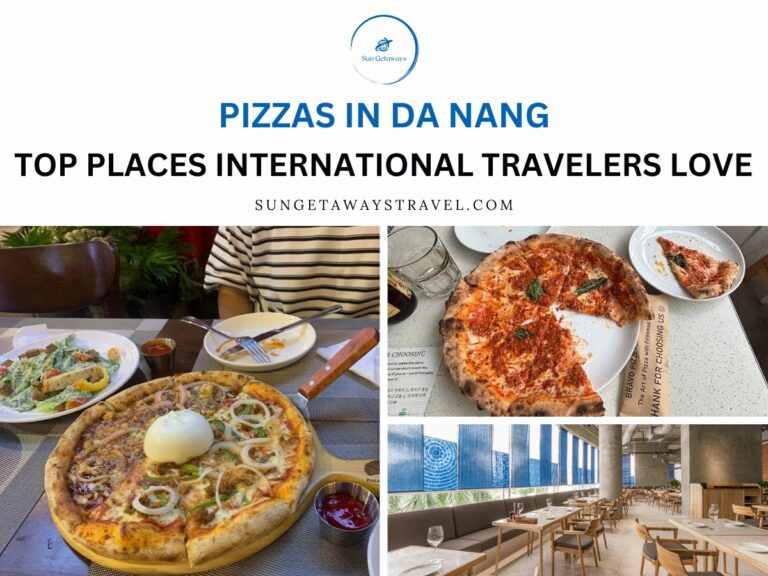Vietnam South Africa Economic Development: Two Divergent Paths & Shared Social Challenges
 ngocdiem
ngocdiem Vietnam and South Africa, two nations separated by vast geographical distances, yet both sharing histories marked by profound struggles for independence and national identity. While their pasts bear some echoes, their paths to economic development and the social challenges they face have diverged remarkably. The contrast between Vietnam and South Africa’s economic development offers rich insights for South African travelers contemplating a journey to the enchanting landscapes of Vietnam, enriching their experience beyond mere sightseeing.
1. Vietnam: A Phoenix Rising – Economic Ascendancy & Evolving Social Dynamics
Vietnam’s economic narrative over the past few decades has been nothing short of spectacular. From a war-torn, centrally planned economy, it has transformed into one of Southeast Asia’s most dynamic emerging markets. This remarkable journey is largely attributed to the Đổi Mới reforms initiated in 1986, which embraced market-oriented principles while maintaining a socialist political framework.
1.1. Economic Development
The cornerstone of Vietnam’s economic success lies in its export-driven growth model. The country has become a global manufacturing hub, attracting significant foreign direct investment (FDI) from multinational corporations seeking competitive labor costs, a stable political environment, and strategic geographic positioning. Key industries include electronics, textiles, footwear, and agriculture. Vietnam’s integration into global trade agreements, such as the Comprehensive and Progressive Agreement for Trans-Pacific Partnership (CPTPP) and various free trade agreements (FTAs) with major economies, has further fueled its export prowess.
Key economic indicators underscore this growth. Vietnam has consistently maintained impressive GDP growth rates, often among the highest in the world. For instance, pre-pandemic, its GDP growth frequently hovered around 6-7%. This has led to a significant increase in per capita income and a burgeoning middle class, particularly in urban centers like Hanoi and Ho Chi Minh City. The service sector, including tourism, has also experienced robust growth, contributing significantly to the national economy. Infrastructure development, though still ongoing, has seen substantial improvements, with new airports, seaports, and highways facilitating trade and connectivity.
1.2. Social Landscape & Challenges


While economic progress has been profound, Vietnam faces its share of social challenges. Rapid urbanization has put pressure on infrastructure and public services in major cities, leading to issues like traffic congestion and pollution. The income gap, though less pronounced than in some other developing nations, is growing between urban and rural areas, and between those benefiting directly from the export economy and those in less dynamic sectors.
Access to quality education and healthcare, while improving, remains a challenge in remote and rural areas. Environmental concerns, particularly air and water pollution, are increasingly pressing as industrialization expands. Despite these challenges, Vietnam boasts a relatively high level of social cohesion and a strong emphasis on family values. The government has also made strides in poverty reduction, bringing millions out of destitution over the past decades. The relatively young population, with a significant youth bulge, presents both an opportunity (a large labor force) and a challenge (job creation and education for this demographic).
Check out this guide from the Cape to Ha Long Bay to plan your trip
2. South Africa: A Nation in Transition – Economic Complexities & Enduring Social Divides
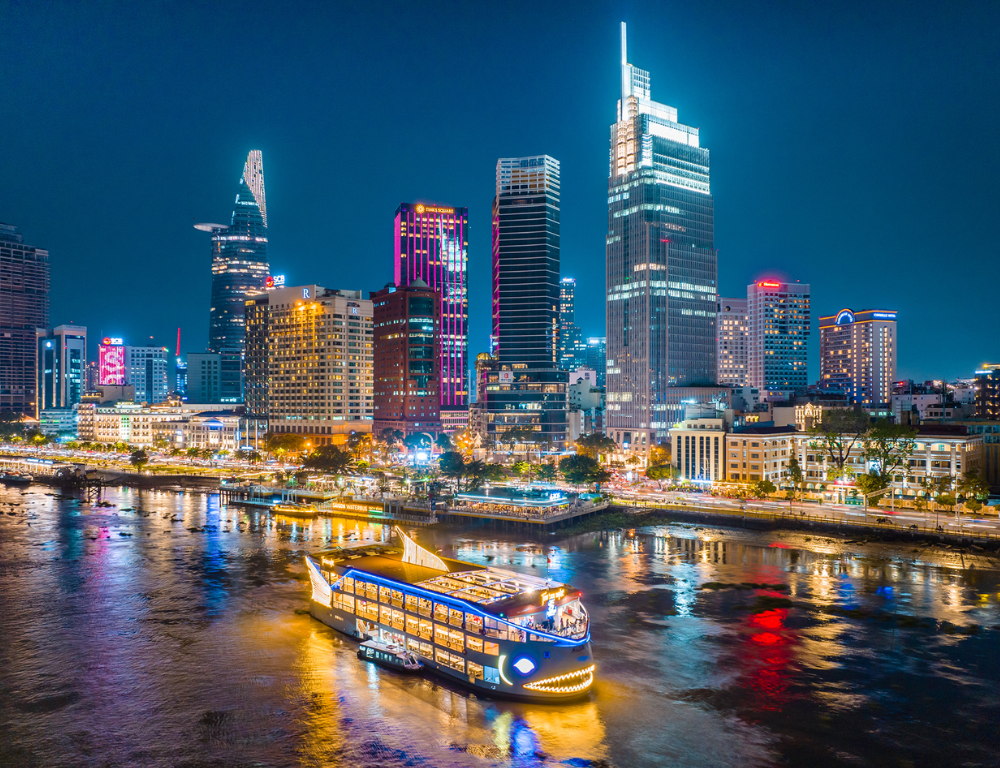

South Africa’s post-apartheid narrative is one of immense hope and aspiration, yet also one grappling with deep-seated historical inequalities. The transition to democracy in 1994 brought political freedom but inherited an economy structured by decades of discriminatory policies.
2.1. Economic Development
South Africa possesses a diversified economy – the most industrialized on the African continent – with significant strengths in mining (platinum, gold, diamonds, coal), finance, manufacturing, and tourism. It boasts well-developed infrastructure and a sophisticated financial sector. Unlike Vietnam’s export-led manufacturing boom, South Africa’s economy has historically been driven by its vast natural resources and a robust domestic market.
However, economic growth in South Africa has been sluggish for many years, often struggling to keep pace with population growth. Factors contributing to this include structural issues inherited from apartheid, such as highly concentrated ownership, and more recent challenges like persistent high unemployment, particularly among youth, and weak investor confidence due to policy uncertainty, corruption concerns, and labor unrest. The country also faces significant fiscal pressures, with a high national debt and increasing demands on public services. Despite its resource wealth, South Africa has struggled to translate this into broad-based prosperity for all its citizens.
2.2. Social Landscape & Challenges
South Africa’s most defining social challenge is its extreme inequality, a direct legacy of apartheid. It is consistently ranked among the most unequal societies globally, with wealth and income disparities often falling along racial lines. This manifests in stark differences in access to education, healthcare, and basic services.
High unemployment, especially among young people, fuels social unrest and crime. The country grapples with significant rates of violent crime, which impacts both local communities and the perception of safety for tourists. Furthermore, the public education system, while reformed, struggles to provide quality education for all, perpetuating the cycle of inequality. The HIV/AIDS epidemic has also had a profound and lasting impact on the nation’s social fabric and public health system. Efforts to address these challenges through affirmative action, land reform, and social welfare programs have yielded mixed results and often face political and economic hurdles.
Confidently explore every corner of Vietnam with this handbook.
3. Comparative Analysis: Similarities, Differences & Key Takeaways
While both Vietnam and South Africa are emerging economies that have undergone significant transitions, their economic models and primary social challenges present a fascinating contrast.
| Feature | Vietnam | South Africa |
| Economic Model | Export-driven manufacturing, FDI-led growth | Resource-rich, diversified, strong domestic market |
| Growth Trajectory | High, consistent growth over decades | Slower, often struggling growth |
| Primary Economic Driver | Light manufacturing, electronics, textiles | Mining, finance, manufacturing, services |
| Key Export Strategy | Integration into global supply chains | Commodity exports, regional trade |
| Income Inequality | Growing, but less extreme | Extremely high and persistent |
| Unemployment | Relatively low and falling | Consistently high, especially youth |
| Social Cohesion | Relatively strong, nationalistic | Challenged by historical divisions |
| Dominant Challenge | Urbanization pressures, environmental issues | Extreme inequality, unemployment, crime |
| Political System | One-party socialist republic | Multi-party constitutional democracy |
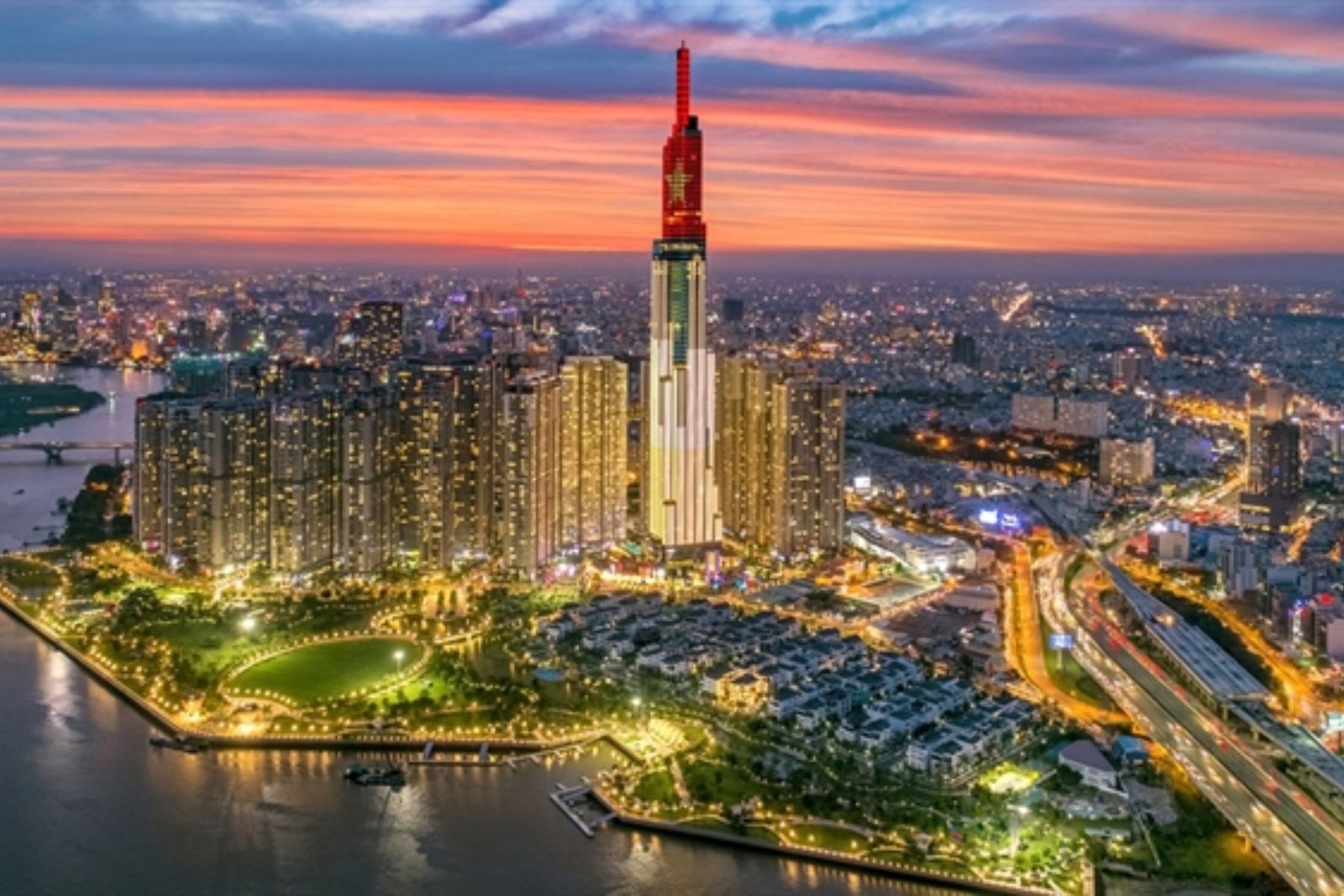

The most striking difference lies in their economic engines. Vietnam’s success is rooted in its ability to integrate into global supply chains, leveraging its young, disciplined workforce and government policies that actively attract FDI into manufacturing. This has resulted in widespread job creation and significant poverty reduction.
In contrast, South Africa, despite its resource wealth and developed infrastructure, has struggled to achieve inclusive growth. Its economy, while more sophisticated in some sectors, has not generated enough jobs to absorb its large, youthful population, leading to persistent high unemployment and entrenched inequality. The legacy of apartheid continues to cast a long shadow over economic opportunities and social mobility.
Despite their differences, both nations share a common goal of improving the living standards of their citizens and navigating the complexities of globalization. Both have vibrant cultures and rich histories that attract tourists. Both also contend with the need for further infrastructure development, particularly in rural areas, and the imperative to address environmental sustainability as their economies expand. Furthermore, both countries have seen the rise of a growing middle class, though the scale and distribution differ significantly.
4. Implications for South African Travelers to Vietnam
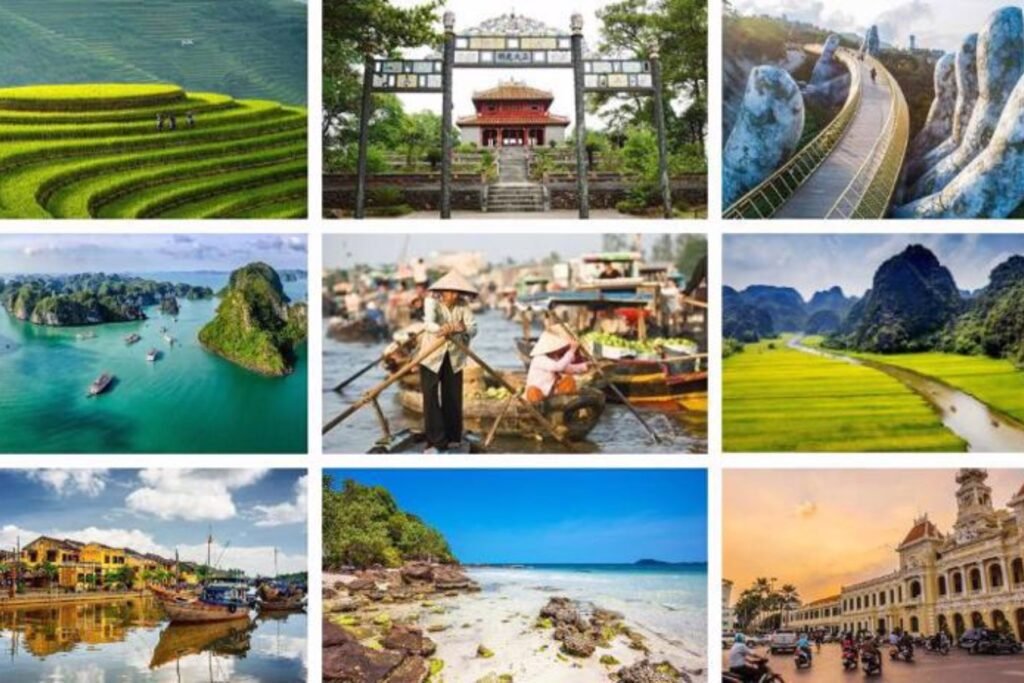

For South African travelers, understanding these divergences provides a crucial lens through which to view Vietnam.
- A Sense of Dynamism: You will likely be struck by the palpable sense of economic dynamism and optimism in Vietnam. Cities buzz with construction, motorbikes weave through streets, and new businesses constantly emerge. This contrasts with some of the economic stagnation felt in parts of South Africa.
- Safety and Social Cohesion: Many South Africans will find Vietnam to be remarkably safe and peaceful, particularly regarding violent crime. The strong sense of community and lower levels of visible social unrest might be a refreshing change. While petty crime exists, the overall feeling of security is generally high.
- Infrastructure & Development: While Vietnam’s infrastructure is rapidly developing, travelers might notice that certain public services or large-scale, modern amenities are still catching up to the standards found in more developed nations or even parts of South Africa. However, the efficiency of public transport in major cities and the network of local businesses are highly effective.
- Cost of Living: Compared to South Africa, the cost of living and travel in Vietnam is generally much lower, offering excellent value for money, from accommodation to food and transportation. This allows for a more extended and richer travel experience.
- Cultural Experience: Be prepared for a vastly different cultural experience. While South Africa’s cultural tapestry is woven from diverse ethnic groups, Vietnam’s culture, though influenced by various historical factors, presents a more homogenous, deeply rooted East Asian heritage. This offers a unique opportunity for cultural immersion.
Everything you need is in this A-Z travel guide.
5. Frequently Asked Questions (FAQ)
5.1. Is Vietnam’s economic growth sustainable in the long term?
Vietnam’s economic growth shows strong signs of sustainability, driven by continued foreign investment, a commitment to free trade, and a young, adaptable workforce. However, like any rapidly developing economy, it faces challenges such as managing environmental impact and ensuring equitable distribution of wealth.
5.2. How does the level of social inequality compare between Vietnam and South Africa for the average traveler?
While both countries experience some level of social inequality, it is far more pronounced and visible in South Africa due to its historical context of apartheid. In Vietnam, while income disparities exist, they are generally less extreme and less apparent in day-to-day interactions for the average traveler.
5.3. What is the biggest surprising difference a South African might notice about daily life in Vietnam?
Many South Africans are often surprised by the sheer volume of motorbikes and the vibrant street food culture in Vietnam. The pervasive nature of small businesses and street vendors contributing to daily life is a stark contrast to the more formalized retail and transport systems typically found in South Africa.
6. Conclusion
The economic and social trajectories of Vietnam and South Africa offer a compelling study in divergence. Vietnam’s path has been characterized by rapid, export-led growth and significant poverty reduction, though it navigates the challenges of urbanization and environmental concerns. South Africa, despite its resource wealth and democratic transition, continues to grapple with the deep-seated legacies of inequality and high unemployment.
For South African travelers, this understanding enriches their journey to Vietnam. It allows them to appreciate not just the stunning landscapes and delicious cuisine, but also the vibrant economic energy and the strong social fabric that underpins Vietnamese society. While understanding the economic landscape of Vietnam is fascinating, for a complete guide to planning your trip.
Contact us today to start planning your bespoke Vietnamese adventure!
Ask a question
Leave a Comment (0)
No questions yet. Be the first to ask a question!









